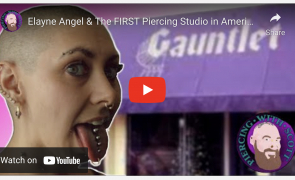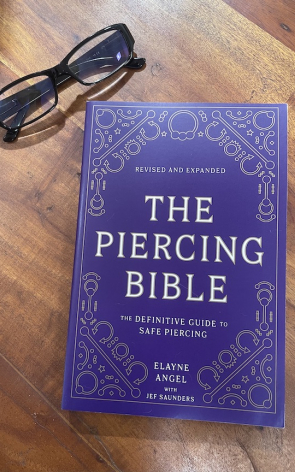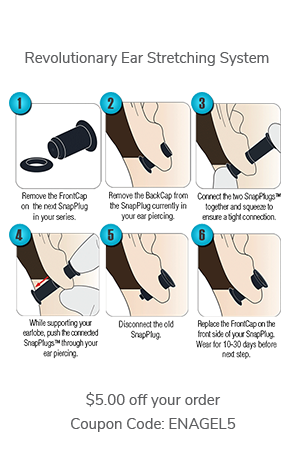Below is an explanation to clarify why I require "up to date" vaccination status from my clients. During each piercing session, I will be in an enclosed space in physical-contact proximity. There's really no other way to pierce, of course--I've got to get right up close and personal with you! Further, I will be doing this with one client after the next, all day, for days on end. This amount of close personal contact is risky! Since I would like to avoid contracting Covid, I will continue to require that my clients properly wear high quality, well-fitting masks (covering both nose and mouth) while in the studio, and that they provide proof of Covid vaccinations, including booster(s).
From The Washington Post Newsletter September 26, 2022
"Am I more at risk for being exposed to the coronavirus if I'm around unvaccinated people relative to vaccinated people? — Paul, Wis.
The short answer: yes. But there are caveats, especially with the omicron subvariants that are circulating.
Coronavirus vaccine efficacy is determined by how likely a person is to contract an illness compared with those who have never received a shot. When the first vaccines were authorized in 2020, both the Moderna and Pfizer-BioNTech vaccines had a 90 percent efficacy rate. Subsequent studies found a decrease in efficacy by 20 to 30 percentage points within six months of receiving the vaccine. But protection increased when people received the first booster that was released in 2021.
The best way to determine your protection against someone spreading the coronavirus to you is by asking that person when they received their last booster. If they haven't been boosted for four to five months, they might be as likely to transmit the virus as someone who hasn't received any of the shots. Of course, it's not practical to ask this question if you're with a large group, which is why masks remain highly effective.
“If you are around a recently vaccinated person and that person has a breakthrough infection, you're less likely to acquire the virus because that person has virus neutralizing antibodies that limit the amount of virus shedding,” said Peter Hotez, co-director of the Center for Vaccine Development at Texas Children's Hospital and dean of the National School of Tropical Medicine at Baylor College of Medicine.
While some antibody protection might be left over from the original vaccines and boosters, they're not tailored for the omicron subvariants.
“If you boost with the new bivalent booster, this may have added benefits in terms of specific levels of virus neutralizing antibodies to the currently circulating BA.5 subvariant,” Hotez said.
The bivalent boosters were authorized for emergency use by the Food and Drug Administration at the end of August, but scientists are worried that low vaccination rates could increase the likelihood of a new variant."





